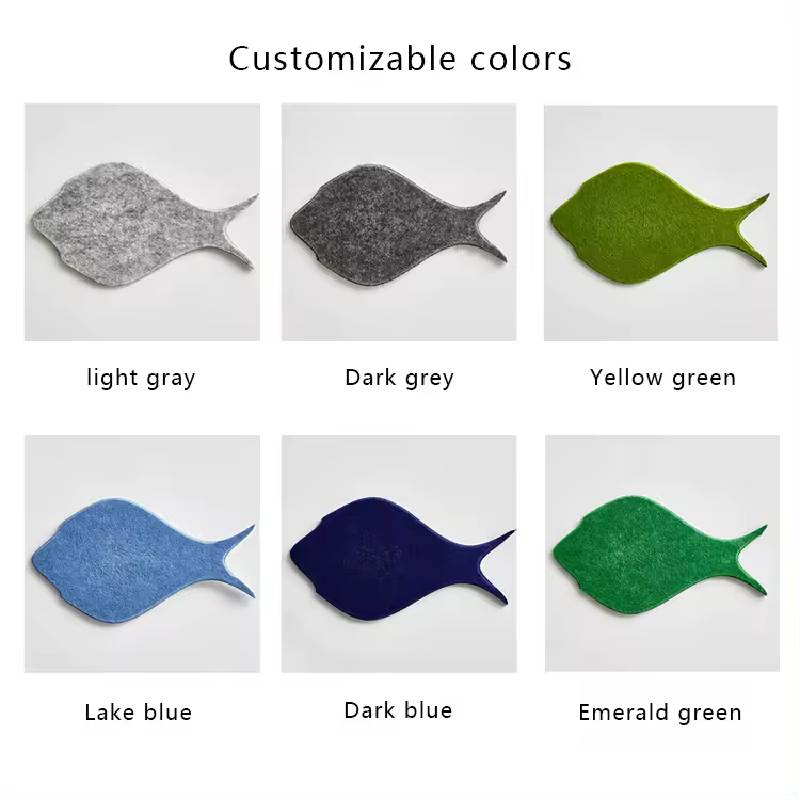Rabbit Foraging Understanding Their Nutritional Needs and Habits
Rabbits are fascinating creatures, known not only for their adorable appearance but also for their unique foraging behaviors and dietary requirements. Understanding rabbit foraging, particularly in wild settings, is crucial for those who wish to provide optimal care for domestic rabbits or to study their natural behaviors in the wild. This article will explore the essential aspects of rabbit foraging, including their dietary preferences, foraging techniques, and the environmental factors that influence their feeding habits.
Nutritional Needs of Rabbits
Rabbits are herbivores, meaning their diet consists entirely of plant materials. Their jaws are specially adapted for grinding fibrous vegetation, allowing them to extract the necessary nutrients from a variety of sources. A rabbit’s diet is primarily composed of grasses, leaves, herbs, and vegetables. High-fiber foods are essential for their digestive health, as they help maintain a healthy gut flora and ensure proper digestion.
In the wild, rabbits exhibit a diverse foraging behavior, allowing them to access various food sources. During different seasons, their preferred foods can change, necessitating adaptability in their foraging strategies. For instance, in spring and summer, rabbits often consume tender young shoots and leaves, while in the autumn and winter, they may rely more on tougher, woody plants and bark.
Foraging Techniques
Rabbits are crepuscular creatures, meaning they are most active during dawn and dusk. This behavior allows them to forage during cooler periods when predators are less active. They are also known to be cautious foragers, frequently stopping to listen and observe their surroundings to avoid potential threats. This acute awareness emphasizes the importance of safety in their foraging habits.
rabbit foraging mat

When foraging, rabbits utilize a technique called selective feeding. They tend to choose the most nutritious and palatable plants while avoiding those that are less desirable or potentially harmful. For example, they may opt for tender clover over tougher grass, as clover offers more nutritional value. This selectivity showcases their innate ability to recognize and prioritize food sources based on nutritional quality.
Environmental Influences on Foraging
The environment plays a significant role in rabbit foraging behavior. Factors such as habitat type, availability of food sources, and seasonality can greatly influence their feeding patterns. In lush, open fields, rabbits may have abundant access to a variety of grasses and herbs, promoting foraging efficiency. Conversely, in more barren or heavily vegetated areas, they may have to expend more energy to find suitable food, leading to changes in their foraging strategies.
Additionally, human activity and land development can significantly impact rabbit habitats, affecting their foraging behavior. Urbanization may reduce available foraging areas, forcing rabbits to adapt to new food sources or risk starvation. Thus, conservation efforts aimed at preserving natural habitats are critical for sustaining wild rabbit populations.
Conclusion
Understanding rabbit foraging is essential for both wildlife enthusiasts and pet owners alike. By recognizing their nutritional needs, foraging techniques, and the environmental influences on their behavior, we can create better living environments for domestic rabbits and contribute to the preservation of wild rabbit populations. Rabbit foraging behaviors remind us of the intricate connections between animals and their habitats, emphasizing the importance of biodiversity and the need for conservation efforts. As we continue to study and appreciate these remarkable animals, we gain greater insights into the delicate balance of nature and the role that each species plays in the ecosystem.
